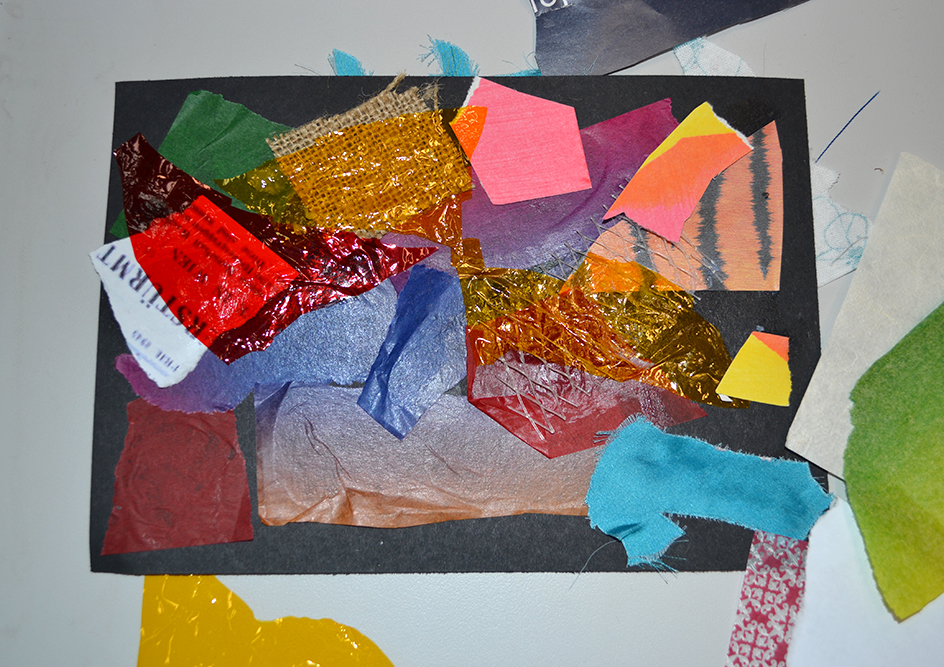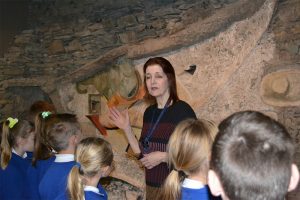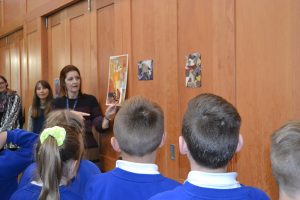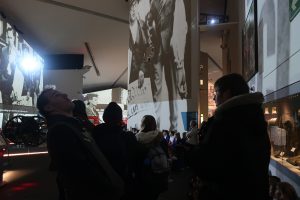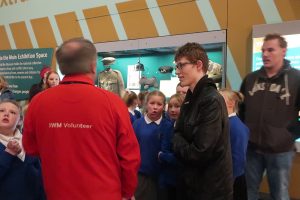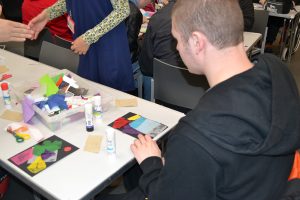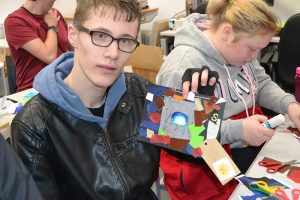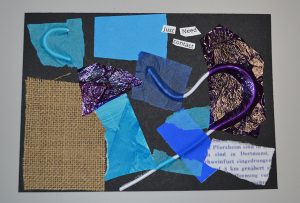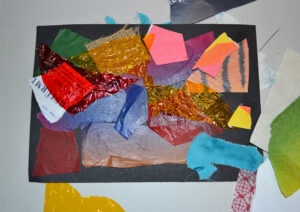Discovering Kurt Schwitters – Artist and Refugee
Discovering Kurt Schwitters – Artist and Refugee
2019-2022
Funded by: National Lottery Heritage Fund
Artform: Visual Art, Theatre
People involved: Adults with learning disabilities and/or autism, Young people with learning disabilities and/or autism from James Rennie School.
Kurt Schwitters was at the cutting edge of German Art during the 1920-30s, creating his unique “Merz” work in reaction to Germany’s economic and political instability after World War I. In 1933 Germany’s Nazi Party swept into power and Schwitters’ unconventional work was deemed as “degenerate” and “un-German” by the Nazis. To escape persecution Schwitters took refuge in Norway, then Scotland, suffering imprisonment and internment before finally moving to Ambleside, Cumbria where he lived until his death in 1948.
For the first part of this project adults with with learning disabilities and/or autism and year 4 pupils from Distington Community School researched the life and times of Kurt Schwitters. Project research included visits to the Hatton Gallery in Newcastle, the Imperial War Museum in Manchester, The Merz Barn and Armit Museum Ambleside. We also had talks from Trevor Avery of the Lake District Holocaust Project about Cumbria’s refugees and the rise of the Nazi Party during World War II.
The result of this work was a filmed theatre piece, “Fragments Lost and Found” and an art exhibition at the Merz Barn. Both of which can be viewed below.
We then went on to work with a group of young people from James Rennie School and Shireen Hama, a Syrian refugee and artist. Shireen arrived in Carlisle from Syria and used poetry to process her feelings and emotions of the experiences she had been through and adjusting to a new country as her future home.
We asked Shireen to share the first poem that she wrote and explored themes of home, emotions, how we find art and how we tell stories. We also screened the Kurt Schwitter’s film Fragaments Lost and Found for the young people, and we explored common themes in the film and Shireen’s poem.
The group further explored the common themes and emotions through drama exercises, they all agreed they had felt these feelings at some point in their life and even though they had never been a refugee, they have all felt sadness, loss and grief. The group of young people created a performance piece in response to Shireen’s poetry incorporating all the themes and emotions they had explored. Due to photography permissions, this performance was only shared with the participants.
Shireen was commissioned to write a new piece of poetry reflecting on the time she has lived in Cumbria and in response to working with the young people. We held a zoom with James Rennie post 16 Students where Shireen was able to share the poem with them.
This project is thanks to funding from The National Lottery Heritage Fund.

